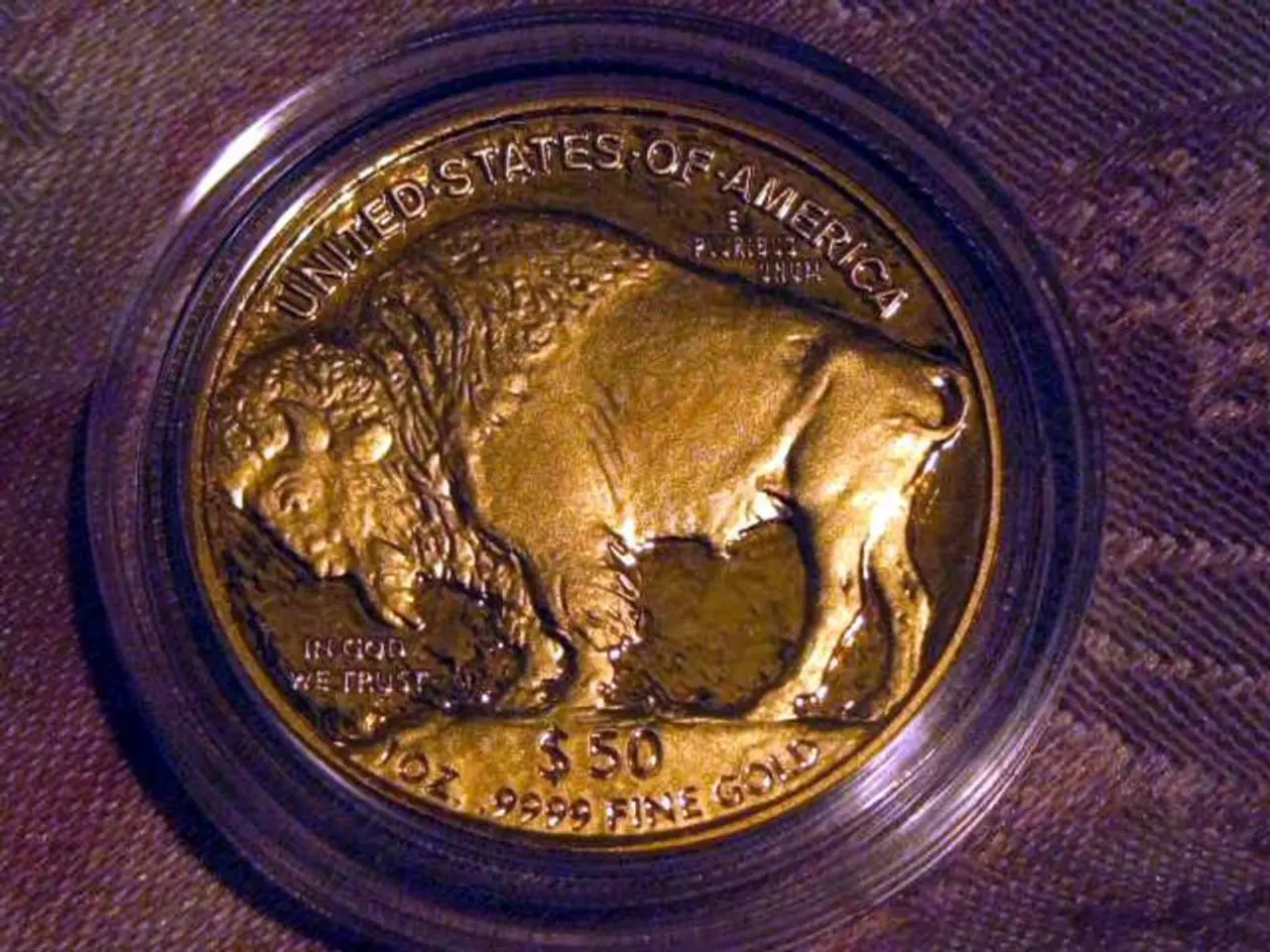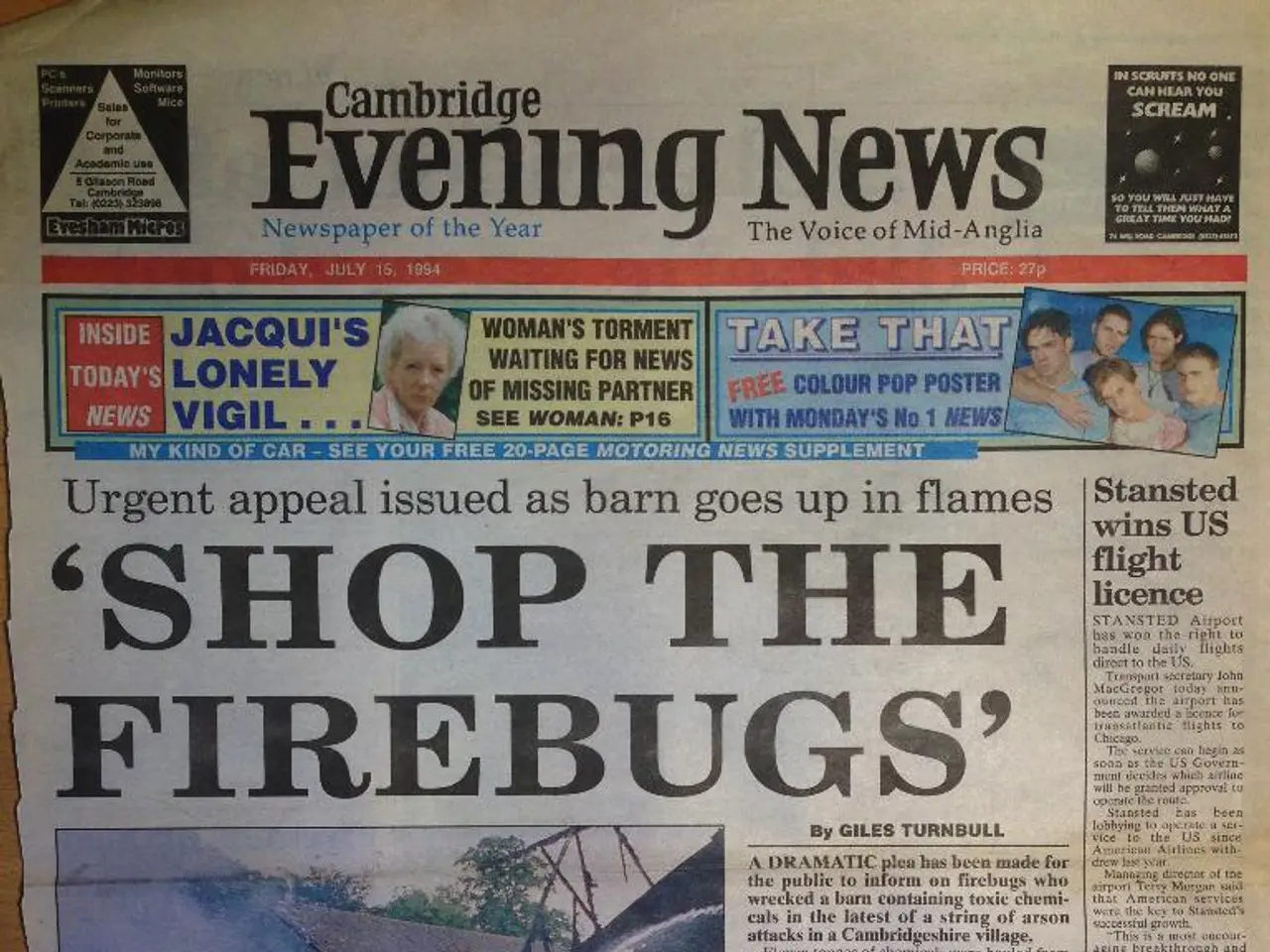Arizona Governor Vetoes Bill Establishing State Digital Asset Reserve
In a move that reflects her ongoing cautious stance on integrating cryptocurrency into state financial mechanisms, Arizona Governor Katie Hobbs vetoed House Bill 2324 (HB 2324) on July 1, 2025. The bill aimed to create a state-managed Bitcoin and Digital Assets Reserve Fund, funded by confiscated digital assets, but was vetoed primarily due to concerns about disincentivizing local law enforcement participation.
The proposed bill would have transferred seized digital assets to a fund managed at the state level, allocating the initial proceeds to the Arizona Attorney General’s Office and splitting the remainder among the AG’s Office, the state's general fund, and the reserve fund itself. However, Governor Hobbs cited that removing control of seized assets from local jurisdictions would undermine cooperation between local and state agencies during digital asset forfeiture investigations, potentially weakening law enforcement efforts at the local level.
This jurisdictional complication and the impact on law enforcement incentives were central to her veto decision. Critics of the bill similarly argued that cutting local agencies out of the financial distribution pipeline would reduce their motivation to cooperate with state-level digital asset seizures. The veto underscores challenges in aligning digital asset policy with local law enforcement goals.
Since the veto, Arizona remains the only U.S. state yet to establish a digital asset reserve fund, reflecting a unique regulatory stance amidst growing digital asset integration in government policies. With no public allocation occurring, the structure to direct funds remains unestablished, limiting potential support from new reserves for law enforcement initiatives.
Community and market reactions have been muted, with no significant on-chain movements in cryptocurrencies like Bitcoin or Ethereum. Meanwhile, the EU is seeking a resolution in U.S. trade talks amid tariff threats, while Ghana has unveiled a cryptocurrency regulatory framework amid gold hedging.
As a Crypto News Writer, I track and report on industry trends. John Kojo Kumi, a cryptocurrency researcher and writer specializing in emerging startups, tokenomics, and market dynamics within the blockchain ecosystem, holds a Bachelor of Arts in Geography and Rural Development from Kwame Nkrumah University of Science and Technology, Kumasi. His role as a Registrar at the Commission on Human Rights and Administrative Justice reflects his commitment to governance and transparency.
In other news, crypto firms are seeking national trust bank licenses in the U.S., and Gryphon and American Bitcoin are planning a merger with SECG. Despite these developments, Arizona's regulatory stance on digital assets remains a point of interest for those following the evolving landscape of cryptocurrency integration in government policies.
- Arizona's Governor Katie Hobbs vetoed HB 2324 due to concerns about crypto regulations, specifically disincentivizing local law enforcement participation and undermining cooperation between local and state agencies.
- The proposed bill aimed to create a state-managed Bitcoin and Digital Assets Reserve Fund, but its veto highlights challenges in aligning digital asset policy with local law enforcement goals, particularly in terms of tokenomics and policy-and-legislation.
- With no public allocation of funds occurring, Arizona currently stands as the only U.S. state lacking a digital asset reserve fund, creating a unique regulatory stance in the evolving landscape of cryptocurrency integration in government policies.
- As a Crypto News Writer, the ongoing regulatory stance of Arizona on digital assets remains a point of interest, as it impacts the broader crypto industry, policy-and-legislation, politics, and general-news, particularly in the context of emerging startups, tokenomics, and market dynamics within the blockchain ecosystem.





